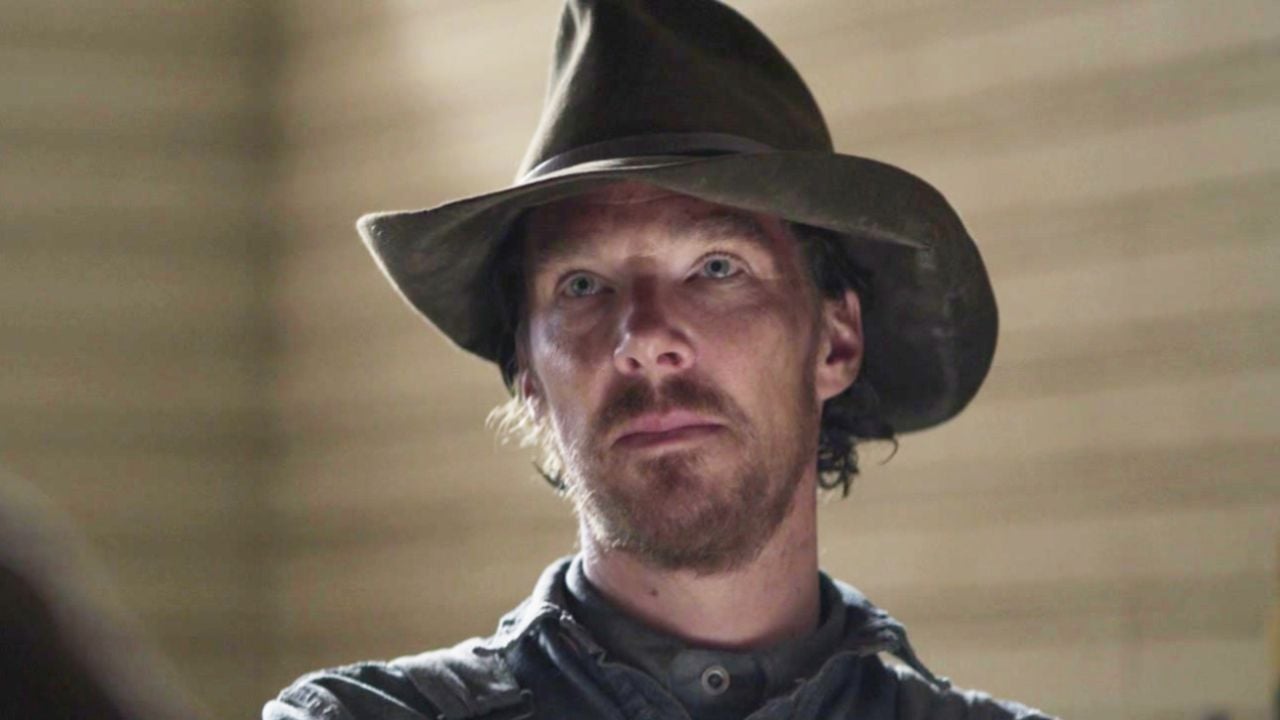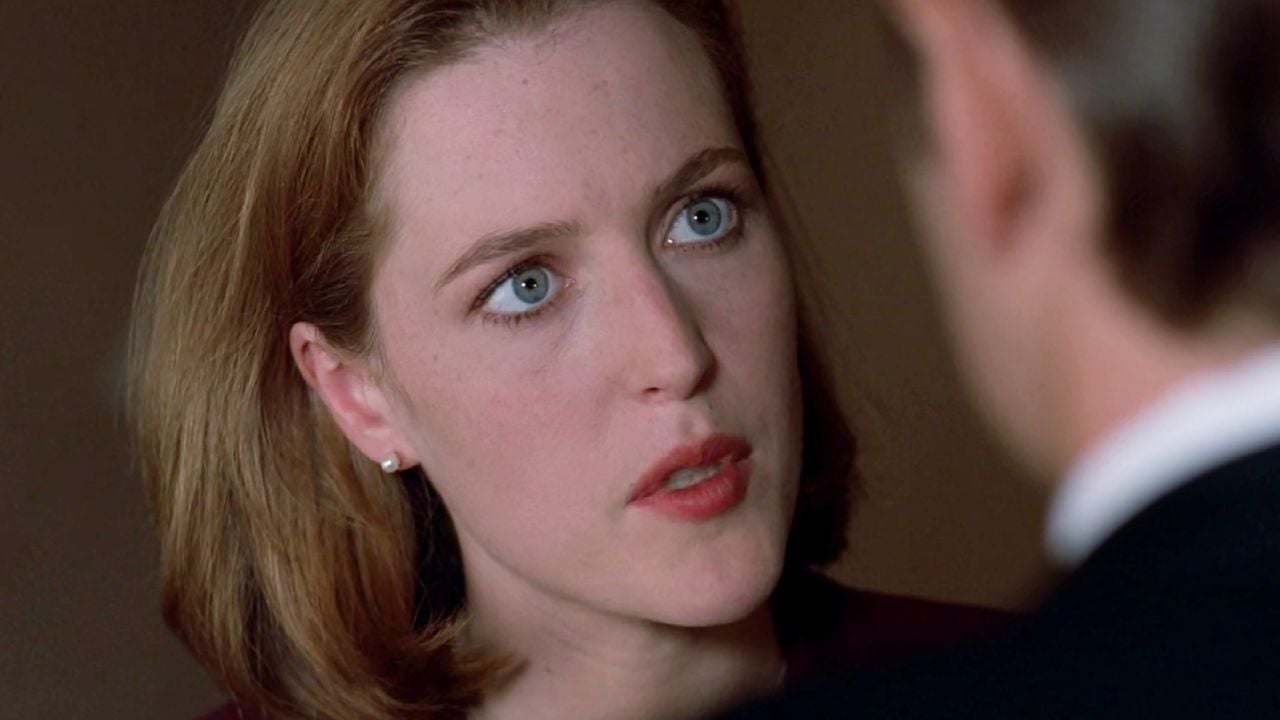The influence of social media in this year’s municipal elections has transformed the landscape of electoral campaigns, although it is not yet sufficient to replace the central role of radio and television. Experts consulted by Political broadcast consider free election hours a format capable of validating the party narrative built on the Internet, but not only.
Free election advertising in traditional media began on Friday 30 and will last until October 3, in a first phase before the first round of voting, scheduled for October 6. Parties and candidates will have 35 days to present their proposals in two mandatory ads in the broadcasters’ schedules. This period in the last elections was 45 days.
Experts point out that the reduction could be linked both to the arrival of new campaign formats and to the reduction of resources, as social networks prove to be a cheaper, more practical and far-reaching tool. However, they say they do not believe that one will replace the other in the medium term.
“TV gives us an image of trust in relation to what is on the networks. Social media are known for offering everything, absolutely everything, and sometimes this space ends up becoming confusing, while TV is [o conteúdo] exactly as stated, without too much interference”, analyzes Daniel Pinheiro, professor of Public Administration at the State University of Santa Catarina (UDESC).
According to Pinheiro, the replacement of one format with another does not materialize because they tend to complement each other in terms of audience and content. This is due to the fact that there is still a traditional audience that does not have wide access to social media or that prefers more conventional communication.
“Television offers the possibility of democratizing access. We must avoid watching only from our bubble, because it still plays a central role in Brazilian families. We cannot give up, but we can change the format, as we have done this year, for example,” adds political scientist Magno Karl.
Karl also sees that the shortening of the election period disadvantages “lesser-known” candidates, who have little engagement on social media and consequently, have less time to present themselves, especially due to restrictions outside of the election period.
João Finamor, professor of marketing at ESPM, analyzes the scenario as a “cross-media” opportunity for the campaign. It should be noted that some traditional candidates still adopt old marketing strategies and have difficulty competing with the so-called digital natives, who, with their specific positioning, are gaining ground in this electoral race.
An example is the candidate for mayor of São Paulo Pablo Marçal (PRTB), who was born on the Internet and uses a format such as brand positioning, including marketing and sales strategies, according to the expert.
“We live in 360-degree marketing today. The big strategy is to connect content across all platforms, with everything transactional. Using TV is a brand awareness strategy, and networks are the top of the funnel, the acquisition process, so TV is just a critical piece of my whole strategy,” he says.
Finamor analyzes that candidates are products and need to see voters as customers to create a narrative based on their journey during the electoral campaign. There are three moments, he explains: top of the funnel (making yourself known), awareness (awakens intention and connects to values and proposal) and conversion (votes).
For Professor Daniel Pinheiro, many politicians have already understood that the electoral campaign is not limited to the official period, but is built over the years. The candidate for re-election of Florianópolis, Topázio Neto (PSD), is an example of this. During his term, he had more than 600,000 followers on social media. He was even nicknamed “Tiktoker Mayor” for his numerous appearances on the internet. He rode the wave of memes and developed videos specifically for this audience.
Marçal, for example, has built himself on the basis of corporate narrative and has been called a coach on the Internet when he has published motivational videos. Tabata Amaral (PSB) and Guilherme Boulos (PSOL) have focused their profiles on a more institutional language and do not “know how to exploit the power of the Internet”, according to marketing specialist Finamor.
This year, online election propaganda has some new features, such as rules for the use of artificial intelligence and a complete ban on deepfakes, under penalty of disqualification of the candidate. Resolutions approved by the Supreme Electoral Court (TSE) also create greater obligations for digital platforms, which must act proactively against the dissemination of hate speech and content that constitute a crime against the rule of law and disinformation that affects the electoral process.
For the next elections, however, Finamor says it is necessary to implement regulation of social networks, especially regarding fake news. According to him, identifying the origin of false content would be the central point of the discussion.
Source: Terra
Rose James is a Gossipify movie and series reviewer known for her in-depth analysis and unique perspective on the latest releases. With a background in film studies, she provides engaging and informative reviews, and keeps readers up to date with industry trends and emerging talents.






